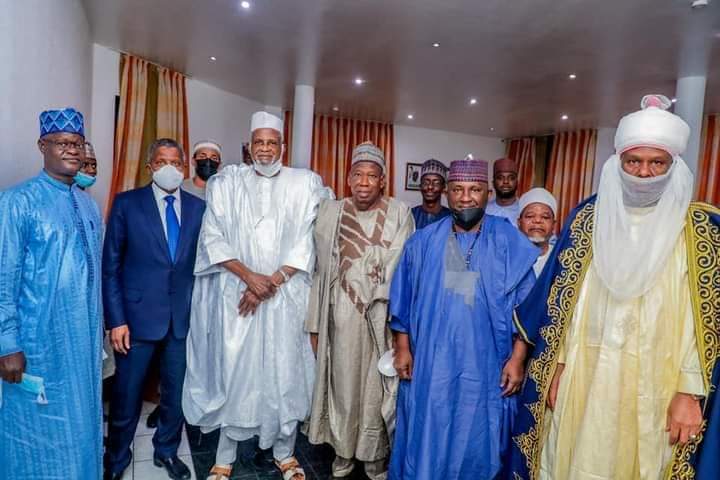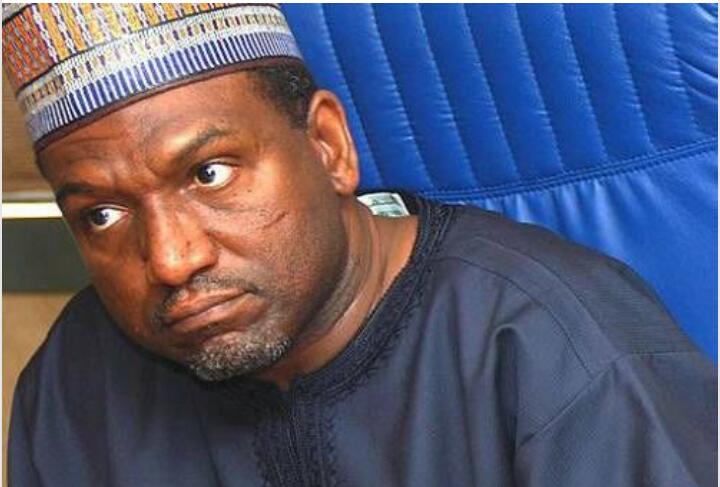Dangote, Dantata, others named members of Zakkat Commission in Kano
By Muhammad Sabiu Governor Abdullahi Ganduje of Kano State has named Aliko Dangote, his uncle Aminu Dantata, and Abdulsamad Rabi'u to the state Zakkat and Hubsi Commission on Wednesday. Zakkat…

